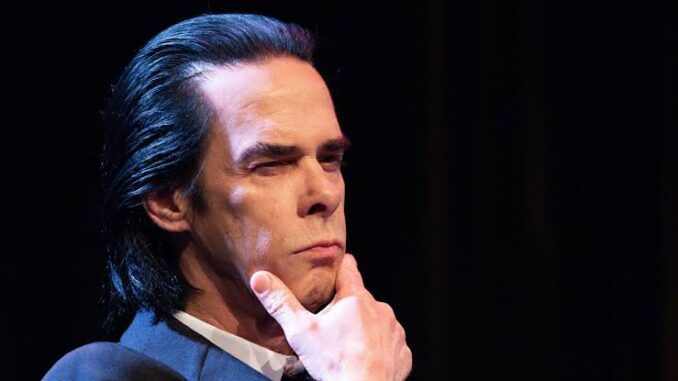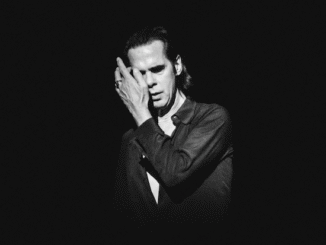
Nick Cave, the revered Australian singer-songwriter known for his haunting lyrics and deeply emotive performances, is once again navigating the storm of personal tragedy. A figure who has long interwoven darkness and beauty through music, Cave has faced immense sorrow over the past decade, and now finds himself in the public eye once more as he processes another heartbreaking loss.
News broke recently that another of Cave’s children, Jethro Lazenby, passed away at the age of 31. This follows the devastating loss of his 15-year-old son, Arthur, who died in 2015 after falling from a cliff in Brighton. The back-to-back tragedies have weighed heavily not just on Cave’s family, but also on his devoted global fanbase who have followed his journey from raw grief to quiet resilience.
Jethro, who had worked as a model and actor, had reportedly struggled with mental health issues and legal troubles. His relationship with his father was complex, a fact Cave himself acknowledged in candid interviews and through his public letters on The Red Hand Files a personal website where he responds thoughtfully to fans’ questions on grief, creativity, and life. Just days before Jethro’s death, Cave had publicly confirmed that his son had been released from custody and was hopeful about recovery. The sudden loss has left many stunned.
Cave’s life has always been touched by the shadow of death and existential inquiry. His music, whether with The Birthday Party, Nick Cave and the Bad Seeds, or his collaborations with Warren Ellis, often explores themes of suffering, redemption, and the fragility of the human condition. However, in recent years, his work has become even more intimate and spiritually reflective, shaped by the crushing grief of losing Arthur.
Following Arthur’s death, Cave released Skeleton Tree (2016) and Ghosteen (2019), two albums praised for their emotional depth and stark vulnerability. Fans and critics alike noted how Cave transformed private mourning into collective catharsis, offering solace to those grappling with their own grief. His openness about pain, loss, and healing has turned him into an unlikely grief counselor for many, even as he continues to navigate his own sorrow.
The latest tragedy brings renewed attention to Cave’s remarkable emotional honesty. Rather than shy away from personal loss, he has consistently chosen to face it publicly through art, conversation, and reflection. “Grief is not something you get over,” Cave once wrote. “It is something you carry.”
As the world sends condolences, there is once again a pause in the world of music, a space carved out for silence and remembrance. Whether or not Cave will choose to address this most recent loss through song or public commentary remains to be seen. What’s certain is that, once again, he walks a difficult path a path that continues to shape his artistry, his philosophy, and his connection with those who find solace in his words.




Be the first to comment